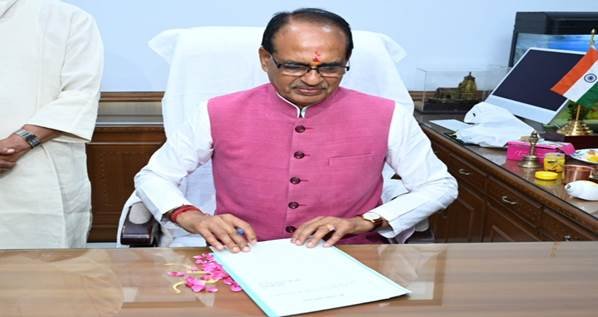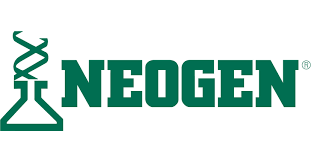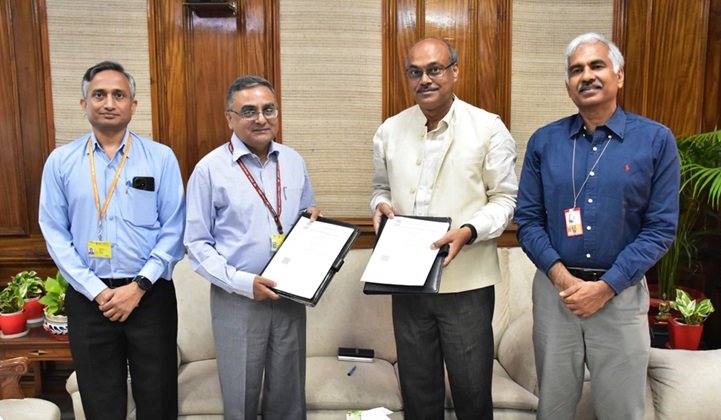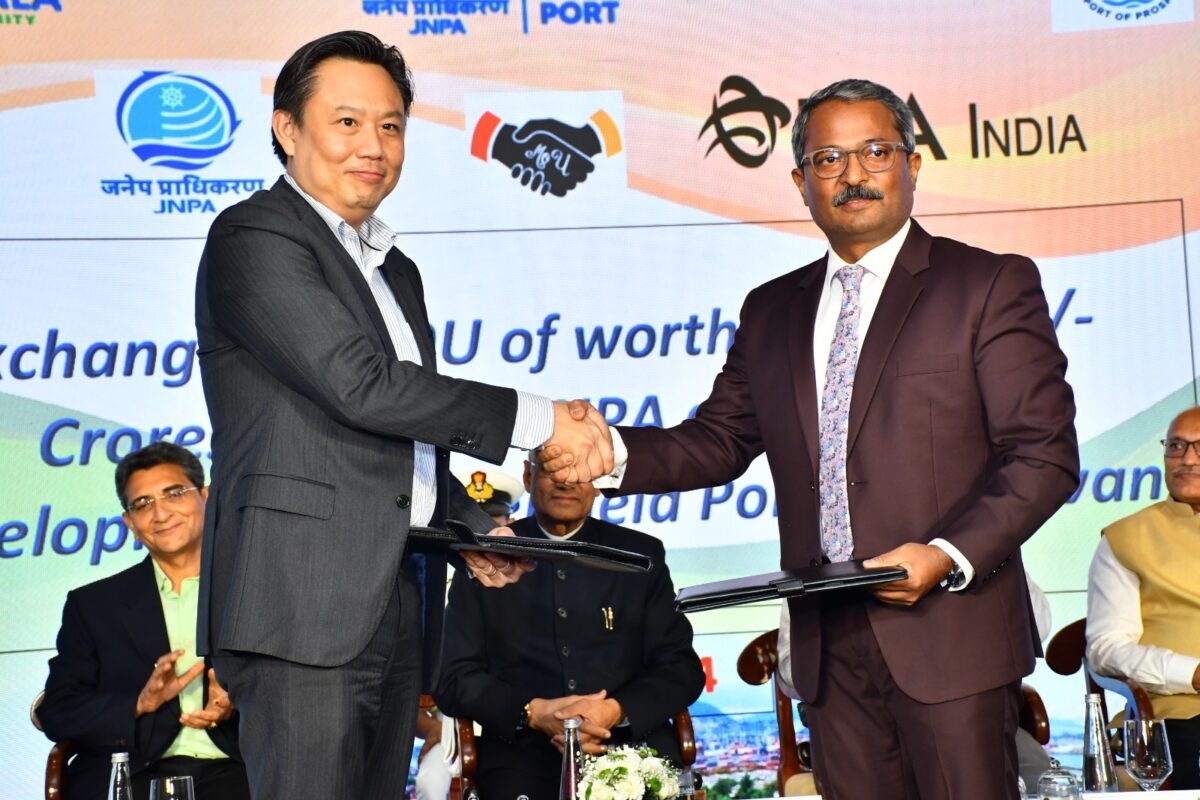Union Minister Shivraj Singh Chouhan takes charge of Ministry of Agriculture and Farmers Welfare
Chauhan’s appointment is expected to bring fresh impetus to the government’s efforts in addressing the challenges faced by the agriculture sector and the farming community.
Union Minister Shivraj Singh Chouhan today took charge of the Ministry of Agriculture and Farmers Welfare. Speaking with media on the occasion, Chauhan said he is happy to say that the first decision taken by the Prime Minister yesterday was in the interest of the farmers. He said the Prime Minister has resolved to double the income of farmers and the government will take every possible step for the welfare of farmers. The Minister also added that the NDA government has been committed for farmers’ welfare for past ten years and his Ministry will continue to work for achieving the goals.
After taking over charge, the Minister visited various offices in the Ministry and interacted with staff at various levels including cleanliness workers. He exhorted them to work as a team for achieving the government vision for welfare of farmers and work in cooperation with each other. He also visited Krishi integrated command and control center in the Ministry and saw facilities to review the agriculture scenario within the country including crop production and drought preparedness.
Later, he held a meeting of senior officials of the Ministry and underscored the need for transparency in Ministry functioning. He also handed government manifesto for welfare of farmers and rural development and called upon everyone to work towards its fulfilment. Chauhan asserted that PM Narendra Modi is a visionary leader and called upon the officials to work on a roadmap for achieving goals set up in the manifesto. He said improving upon the lives of Annadata should be the mission of Ministry.
With his extensive experience in governance and deep connect with the rural populace, Chouhan’s appointment as the Union Agriculture Minister is expected to bring fresh impetus to the government’s efforts in addressing the challenges faced by the agriculture sector and the farming community.
Chouhan, who assiduously cultivated a ‘son of the soil’ image and identified himself with the socio-economic concerns of farmers, villagers, women, and children in Madhya Pradesh, proved his detractors wrong after being denied the chief minister’s post for the fifth time last year.
Born on March 5, 1959, in a farming family in Jait village, Sehore district, Chouhan’s political journey began with the Rashtriya Swayamsevak Sangh (RSS) when he was just 13 years old. He was first elected to the Madhya Pradesh Assembly from Budhni constituency in 1990 and later became a Member of Parliament from Vidisha in 1991.
Chauhan’s appointment is expected to bring fresh














